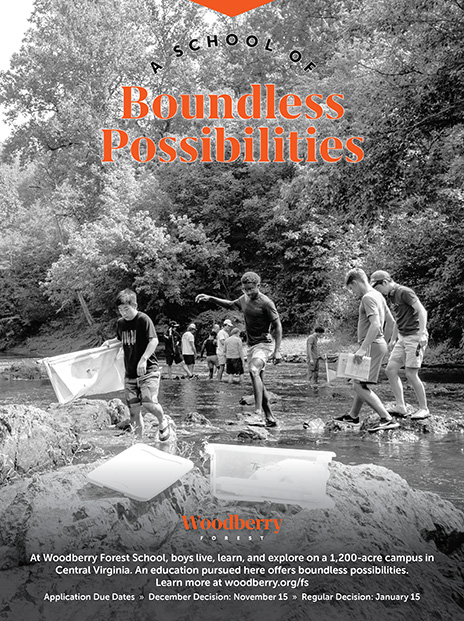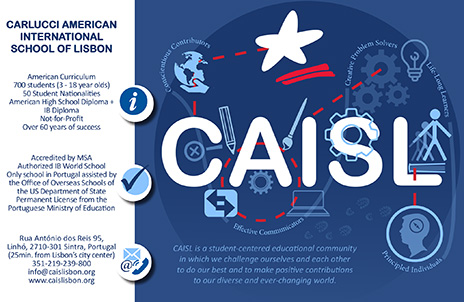How to Qualify for In-State College Tuition
Proving “domicile” for in-state college tuition can be challenging for many FS families. Here’s more on the concept—and the new federal law that will help your case.
BY JOHN K. NALAND

Vector Juice / shutterstock.com
If the prospect of funding your children’s college education appears daunting, and their chances of securing a generous scholarship at a private college seem unlikely, then public colleges are a great option.
The catch is that they will only save you money if your children qualify for the in-state tuition rate. Otherwise, adding the nonresident tuition surcharge can raise the price tag to that of private colleges. Foreign Service families face unique challenges in qualifying for in-state tuition. This article seeks to help you understand and overcome those challenges, and also introduces the new provision adding Foreign Service members to the law allowing military families in-state tuition.
“Domicile” and Its Importance
For most Americans, qualifying for in-state tuition is simply a matter of applying to a public college in the state where they live. Qualification is automatic if you have been physically present in a state for a specified period—typically 366 days (see below for a special rule applying to Foreign Service families living in Virginia).
So, for example, if you have been living in Maryland for the past two years while working in D.C., then your child who applies now to a Maryland public college will qualify for in-state tuition based on physical presence. But the situation gets more complex if you are serving overseas or if your child is applying to a college in a state that you moved away from years ago.
The starting point is to understand the concept of “domicile,” which is sometimes referred to as “legal residence” or “permanent residence.” You acquire at birth the domicile of your parents. Your domicile remains the same as that of your parents while you are a minor.
Instead of continuing to advocate with mixed results on a state-by-state and college-by-college basis, AFSA decided last year that a nationwide solution was needed.
After becoming an adult, your domicile changes only if you establish a physical presence in a new state with the intent of making it your permanent home. Joining the Foreign Service and repeatedly changing your location of assignment as directed by government orders does not automatically change your state of domicile.
Of course, many Foreign Service members do change their domicile by cutting their ties to the state where they grew up. If so, their children do not qualify for in-state tuition in that particular state.
Similarly, if you grew up in one state, went to college in another and held your first job in a third state, your children do not qualify for in-state tuition in any of those three states. Instead, the public colleges will look for evidence of your domicile in that state.
Maintaining Ties to Your State of Domicile
A NOTE FOR THOSE LIVING IN VIRGINIA
Foreign Service members residing in Virginia currently benefit from special consideration in granting in-state tuition. If they have lived in Virginia for at least 90 days immediately prior to transferring overseas, their dependents qualify for in-state tuition while the parent is serving abroad. This eligibility is determined on a case-by-case basis by each financial aid office. If AFSA members encounter problems, email member@afsa.org asking AFSA to contact the college.
Thus, Foreign Service families who may someday seek in-state tuition can strengthen their case by maintaining continuing ties to their state of domicile. Whether that is the state where you grew up or a different state that you chose later as your permanent residence, you can prove domicile to that state through a variety of actions.
These actions include absentee voting, maintaining a driver’s license when overseas (when serving in a domestic assignment, you may be required to get a driver’s license in the state of that assignment), paying nonresident state income tax (when required) and reflecting that state in your will. It is vital to list that state as your state of residence and your address for service separation on your Official Form 126 “Foreign Service Residence and Dependency Report.”
Also listing that state as your home leave address on your OF-126 provides added evidence of domiciliary intent. If you own property in that state, that will strengthen your claim to permanent residency.
Unfortunately, Foreign Service families who have not changed their state of domicile sometimes receive adverse determinations from public colleges regarding in-state tuition. Most often, the institution will cite a prolonged absence from the declared state of domicile as the reason for denying eligibility for in-state tuition. In that case, you should appeal to the college citing your proofs of domicile as listed in the preceding paragraph.
AFSA Can Help
If a college rejects your appeal despite your presenting clear evidence of past and continuing ties to the state, AFSA stands ready to write to that institution to make the case that you remain domiciled there and, thus, should be given the in-state rate. Contact us at member@afsa.org.
Over the years, such letters from AFSA have often succeeded in convincing admissions offices to grant in-state tuition. But because many public universities face growing financial pressures, some state-supported colleges including the University of California system have not been swayed by those letters.
States have long implemented the military provision, so they should have no difficulty in applying the same law to the Foreign Service.
Therefore, instead of continuing to advocate with mixed results on a state-by-state and college-by-college basis, AFSA decided last year that a nationwide solution was needed.
Working with bipartisan supporters in the Senate and House, AFSA secured the insertion of a provision on Foreign Service in-state tuition in the National Defense Authorization Act for Fiscal Year 2022 that President Joe Biden signed into law on December 27, 2021. That provision will save some AFSA members more than $100,000 per child in nonresident supplemental tuition charges during a four-year undergraduate education.
A New Federal Provision
The new law mandates that state-supported colleges grant the in-state tuition rate to Foreign Service members, their spouses and dependents in their state of domicile. It does so by adding Foreign Service families to the long-standing federal law (20 U.S.C. 1015d, see https://uscode.house.gov/) mandating in-state tuition for members of the armed forces and their families in two circumstances: (1) when their permanent duty station is in the state, irrespective of how long they have been physically present at that location, or (2) when that is their state of domicile, irrespective of how long it has been since they were last physically present there.
The new provision does not take effect until the first period of college enrollment that begins after July 1, 2024, because some state legislatures only meet every two years and may need to amend state law for compliance.
You can prove domicile to that state through a variety of actions.
As 2024 nears, Foreign Service families interested in qualifying for in-state tuition should review their proofs of domicile and take steps to strengthen them where possible.
States have long implemented the military provision, so they should have no difficulty in applying the same law to the Foreign Service. AFSA will contact colleges and state educational authorities that in the past have denied in-state tuition to our members to make sure they are aware of the new law.
If AFSA members with clear evidence of continuing domicile do encounter problems after July 1, 2024, please inform AFSA so we can contact the college and, if necessary, potentially assist the member in filing a lawsuit in federal court to compel adherence to the law.
Read More...
- “Can You Really Write All of Your College Application Essays Over the Summer?” by Francesca Kelly, The Foreign Service Journal, June 2020
- “Finding Money for College: A Guide to Scholarships,” by Francesca Kelly, The Foreign Service Journal, December 2016
- “The Do’s and Don’ts of the College Application Game by Claire Wedderien,” The Foreign Service Journal, June 2016





